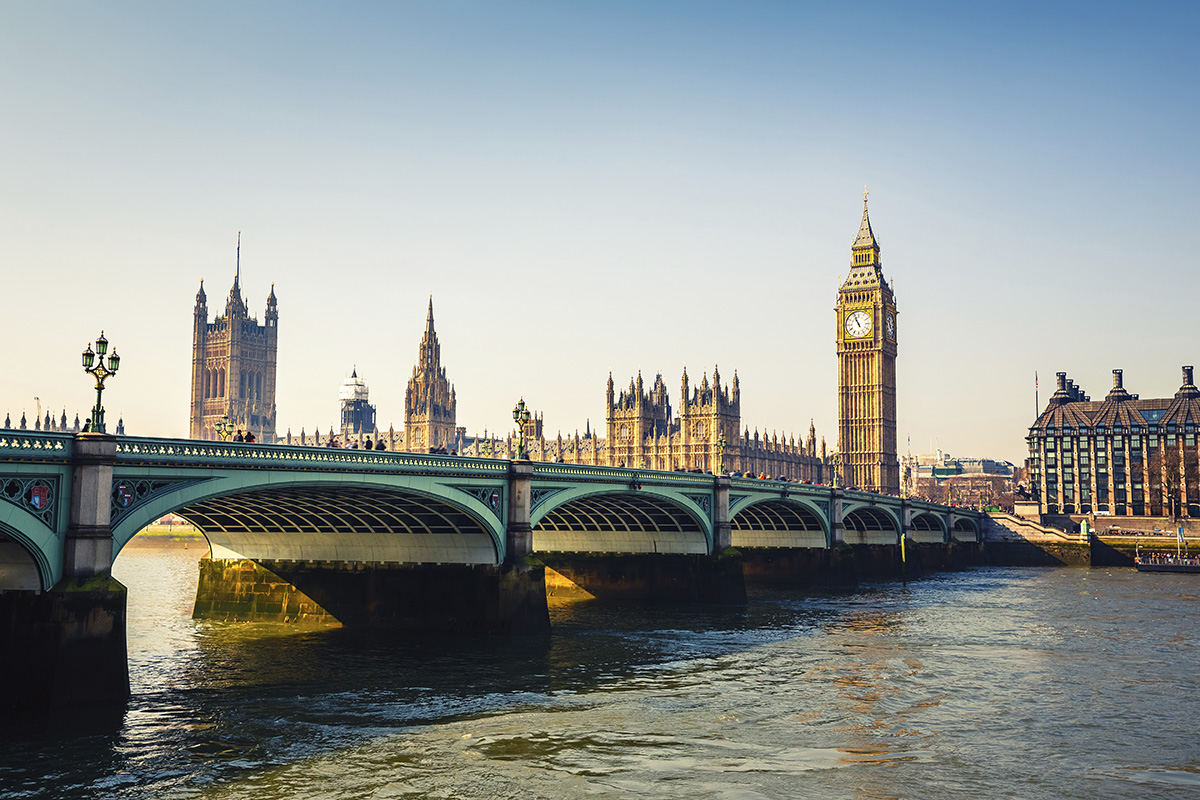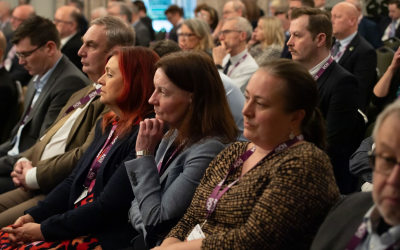District councils are pressing for changes to the “unfair” system governing council tax increases which are curbing their key role in prevention amid continuing cuts to their core spending power.
In its submission to the final Local Government Finance Settlement, the District Councils’ Network (DCN) has put forward proposals which could help raise an additional £34 million for district councils which could be invested in further prevention services to help reduce demand on social care and health services.
DCN, which represents 200 district councils across England, says that 88 district councils will not benefit from the flexibility on current tax increase proposals.
The current £5 alternative proposal to councils increasing council tax by up to 3% over the next two years, remains unchanged which discriminates against district councils. This is because, for 88 district councils, the £5 is a higher value than 3% due to low levels of council tax levied by them, so leaving this “cash alternative” constant means these district councils are unable to generate much-needed additional revenue.
DCN is calling for the £5 to be increased to £7.50 for district councils. The extra £2.50 could raise an extra £9 million for districts, whilst having minimal impact – equating to a 14p a week increase for a Band D property – for council tax payers.
Further inequity is created for all shire district areas where the district council element of the social care precept can’t be raised to help prevent people accessing social care and the NHS, unlike in unitary and metropolitan areas.
DCN is therefore calling for an additional 2% prevention council tax precept which could raise up to an extra £25 million for district councils which would help to keep residents and their families from needing to access acute social care and the NHS by reducing demand for these services.
The proposed changes would help restore greater parity between district councils and unitary/metropolitan authorities in the ability to raise funds for the benefit of local residents.
The year-on-year changes in core spending power for district councils has seen huge reductions of £134 million (over 5%) from 2016/17 to 2017/18, with further reductions forecast.
Cllr John Fuller, Chairman of the District Councils’ Network, said:
“This year’s proposals on council tax will mean that metropolitan and unitary councils can raise proportionately more than those councils covering shire district areas. That’s unfair.
“88 district councils will not benefit from the increase of the council tax threshold to 3% despite these authorities having the lowest council tax charges’.
“Allowing those districts to increase council tax by the greater of 3% or £7.50 would ensure the ‘cash alternative’ provides meaningful headroom to continue to deliver public services which are vital to local residents.
“We must also bust the myth that district councils do not have an integral role in social care. The current council tax increase mechanism fails to recognise our ‘prevention is better than cure’ approach to reduce demand on social care and the NHS by both preventing people needing to access these services as well as getting people out of hospital and living in their homes and communities more quickly.
“The proposals in the settlement need to go further to ensure fairness for shire district areas compared to unitary/metropolitan authorities where the whole council tax charge can be increased to fund social care and prevention issues.
“Our 2% prevention precept would reflect the role that districts play in prevention and demand-reduction, such as improving housing, providing leisure and recreational facilities, offering debt advice, tackling homelessness, supporting troubled families and improving air quality all of which help reduce demand on social care and health services.
“For every £1 spent on prevention, district councils can make up to £70 worth of savings on health spending in the long-term – that would mean the extra £25 million raised could save over £1.5 billion over the longer term.”
Notes to Editors
- The District Councils’ Network is a cross-party member led network of 200 district councils. We are a Special Interest Group of the Local Government Association (LGA), and provide a single voice for district councils within the LGA. District councils in England deliver 86 out of 137 essential local government services to over 22 million people – 40% of the population – and cover 68% of the country by area.
- If the 88 districts currently able to put in a £5 council tax increase were all to increase by £7.50 instead of £5, this would generate an additional £9 million (assuming all 88 raise by £7.50 instead of £5 and using 2017/18 council tax base numbers).
- Analysis by the DCN has found that a 2 per cent precept could raise up to an additional £25 million for district councils – an estimated 7p per week increase for a Band D property in a district area.
- The year-on-year changes in core spending power for district councils has seen a reduction of £134 million (over 5%) from 2016/17 to 2017/18, with further reductions forecast (in the 2017/18 Local Government Finance Settlement) compared to other types of authorities who have seen an increase. In addition, based on the 2017/18 Settlement data from DCLG, 146 out of the 201 District Councils (72%) will be facing a negative RSG position by 2019/20.
- For every £1 spent on prevention, district councils can make up to £70 worth of savings on health spending in the long-term – meaning the extra £25 million raised could save over £1.5 billion over the longer term.
- https://www.kingsfund.org.uk/sites/default/files/field/field_publication_file/district-council-contribution-to-public-health-nov15.pdf
ENDS






